In the 1990s, Cologne wasn’t just Germany’s queer capital—it was a lifeline. While Berlin had edge and Frankfurt had flash, Cologne had soul. It had community. It had bars that felt like second homes. And tucked into the heart of the city’s gay district, there was Lulu Bar—a dimly lit, no-nonsense spot that didn’t care about who you were on paper, only who you showed up as on the dance floor.
Gay Cologne in the 90s
The fall of the Berlin Wall in 1989 had opened up Germany, but Cologne was already ahead of the curve. It had long been known as one of the country’s most open-minded cities. That meant gay life wasn’t hidden—it was lived out loud. Schaafenstraße, Rudolfplatz, and the surrounding blocks buzzed with queer bars, cafés, saunas, bookstores, and nightclubs. The annual CSD (Christopher Street Day) celebration got bigger every year, drawing activists, artists, drag queens, and partygoers from across Europe.
But beneath the glitter was grit. AIDS had left deep scars. Stigma still lingered. And even in liberal Cologne, there were limits to how safe or accepted you could feel—especially outside the gayborhood. That made spaces like Lulu Bar essential.
The Pulse of Lulu Bar
Lulu wasn’t shiny. It didn’t try to be. With its scratched-up walls, low ceilings, and flickering neon sign, it looked more like a punk hangout than a place for cocktails. But inside, it was electric. It drew a loyal crowd of regulars—older men, young ravers, trans folks, drag performers, lost souls and party animals—all packed into a sweaty, smoky space where the music never stopped and neither did the flirting.
The DJs weren’t famous, but they had taste—spinning everything from Eurodance to early house to Prince deep cuts. The bartenders knew your name. The regulars had your back. And on any given night, someone would do something outrageous that made everyone howl with laughter.
Queer Resistance, Queer Joy
In the 90s, gay bars were more than nightlife—they were infrastructure. Before dating apps or legal protections, they were where you found partners, hookups, friends, and information. If you were new to Cologne, you found your people at places like Lulu.
There were also darker nights. Police raids still happened—less often, but not gone. Homophobic harassment was part of the background noise of daily life. In response, Cologne’s LGBTQ+ scene turned up the volume. Lulu Bar was part of that resistance—not with picket signs, but with dancing, drag, and a refusal to hide.
Fading Out
Like so many queer spaces from that era, Lulu Bar didn’t make it past the early 2000s. The reasons were familiar: rising rents, changing tastes, smoking bans, the shift to online dating. Bigger, sleeker clubs took over. Schaafenstraße gentrified. The raw energy of the 90s gave way to something more curated, more commercial.
But for those who lived it, Lulu wasn’t just a bar. It was a time capsule. It was a reminder of what queer freedom looks like when it’s carved out of adversity and fueled by pure, messy joy.
Remembering Lulu
Cologne still hosts one of the biggest Pride festivals in Europe. Schaafenstraße is still packed on weekends. But ask an old-timer about Lulu Bar, and they’ll get that look—half smile, half sigh. They’ll tell you about 4 a.m. dance circles, glitter-stained kisses, and nights that felt like they’d never end.
Lulu Bar is gone. But in Cologne’s queer DNA, it still beats—quietly, defiantly, fabulously.
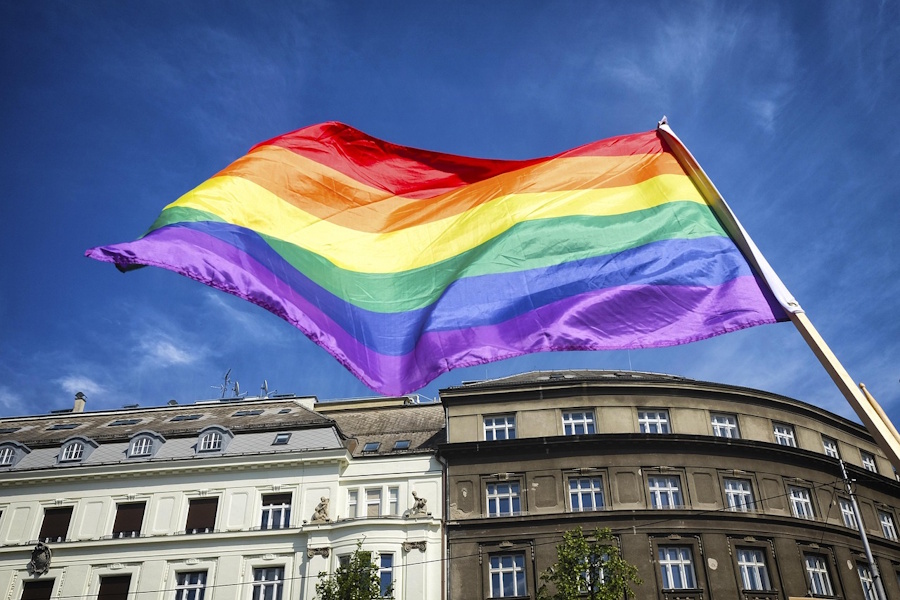
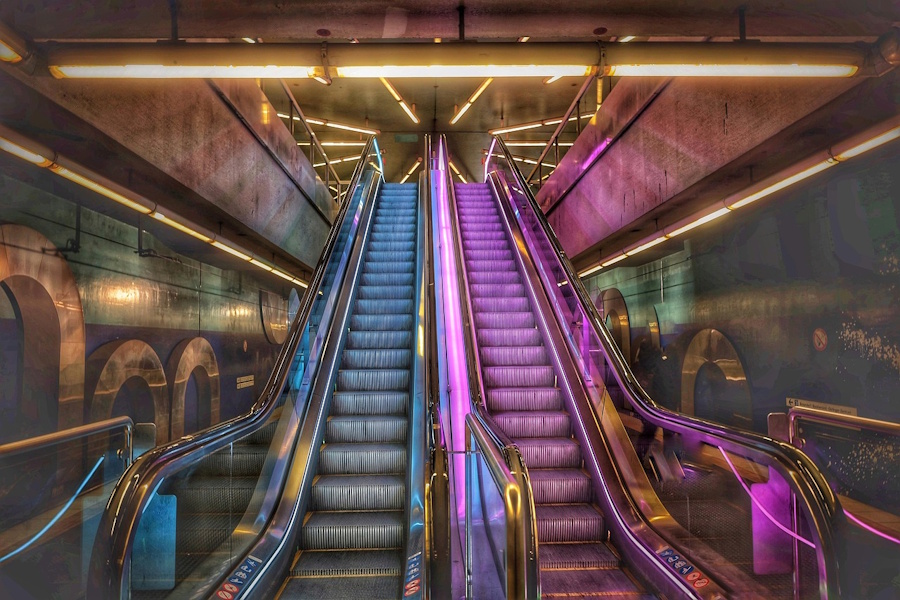

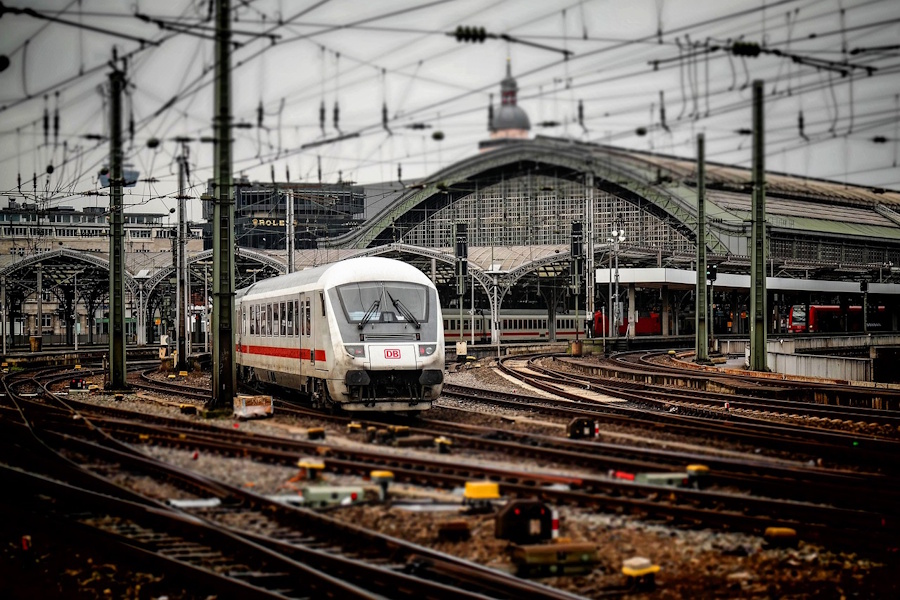
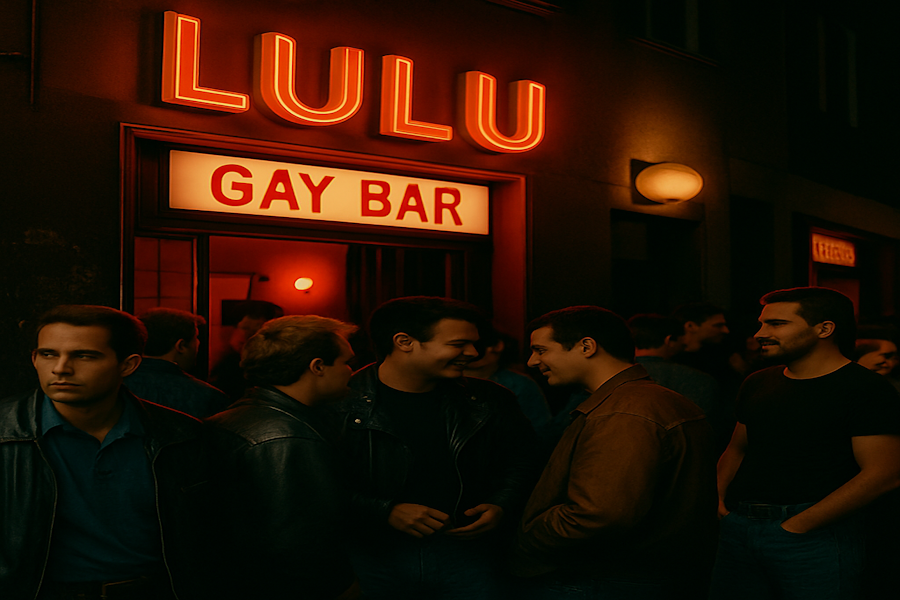
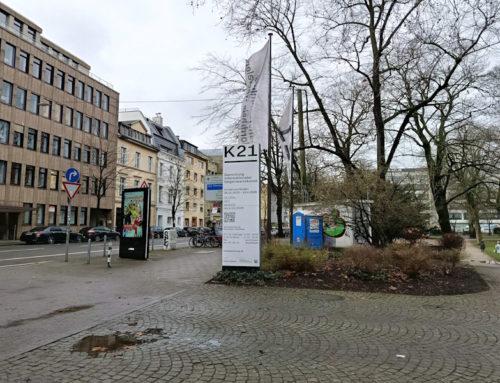
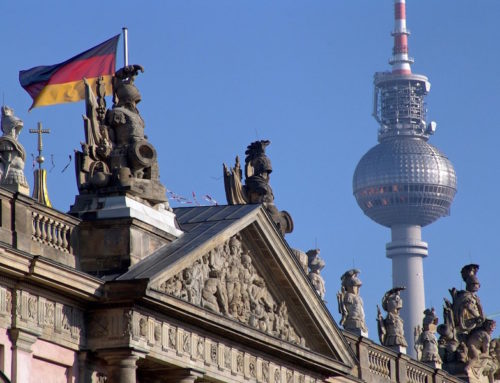
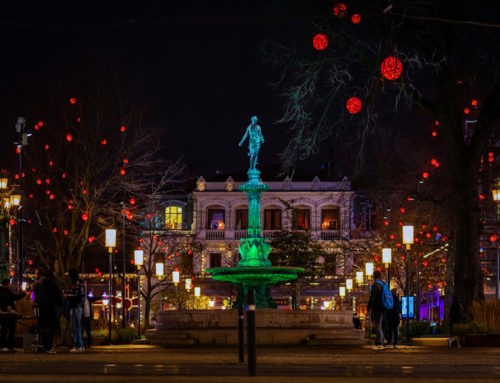
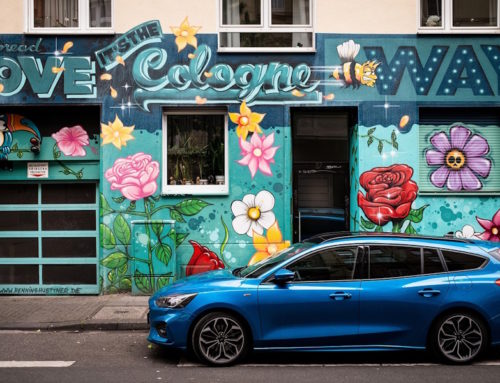

Leave A Comment